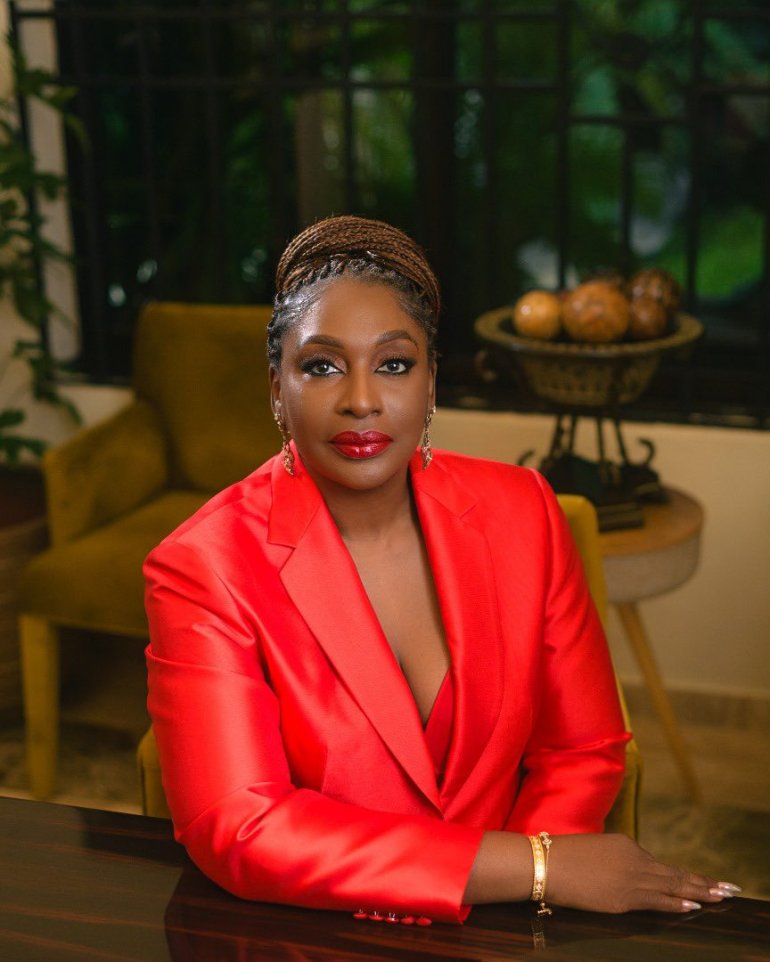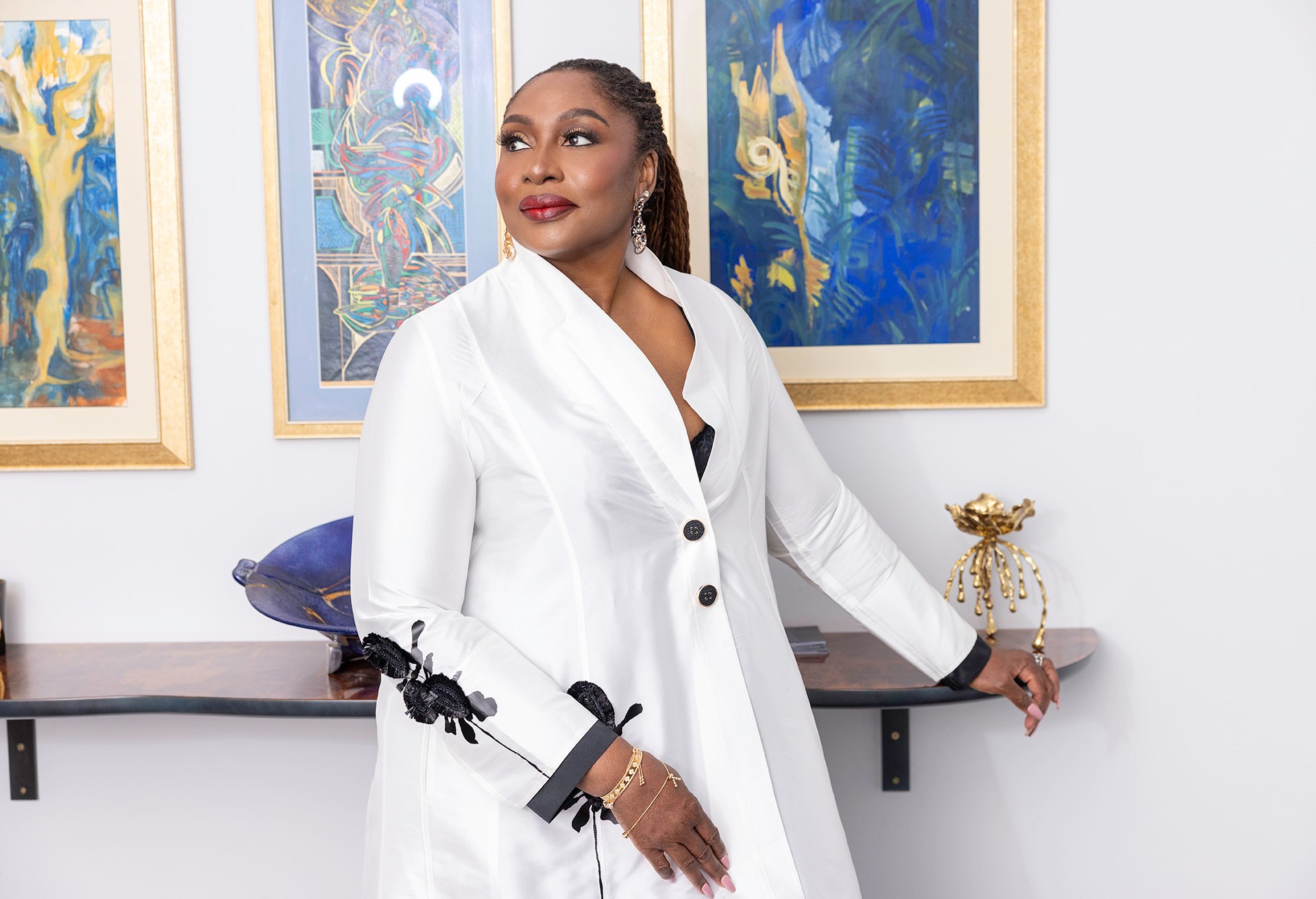To an entire generation of Nigerian millennials, Ego Boyo was their first encounter with onscreen celebrity. Three decades after her first grand appearance on the scene, the Nigerian actress, filmmaker, activist and philanthropist has lived several lives in one, wearing each phase confidently.
As the star of the popular early ’90s television series, Checkmate, Boyo’s celebrity predated her success in the direct-to-video film industry that would come to be called Nollywood. In Checkmate, Boyo, who played an ambitious and resourceful young heiress, was on primetime national television every week, at a time when television was the central medium for distributing entertainment content.
“Her onscreen career predates Nollywood,” Rejoice Abutsa, a film and media studies scholar at Cornell University, tells Al Jazeera. “It is a career that has survived the gendered, industrial and technological shifts that have transformed Nollywood. In making the transition from acting to producing, Boyo went beyond performing in roles that were already determined for her, staking her capital in the field and ensuring that she too could determine the type of stories that were told and how they were told.”
Nollywood’s growth has favoured quantity and speed in filmmaking, but with her three-decade career, Boyo, now 55, has favoured slower production. As a producer, Boyo has assumed a leadership role that her peers have said often points new directions to where the industry should be headed. Her films, ranging from 1996’s family drama, Violated, to 2019’s, The Ghost and the House of Truth, have been industry leaders, winning multiple awards.
This commitment to artistic excellence has not always translated to popularity but as Boyo tells Al Jazeera, she wouldn’t have it any other way, “I normally start with the story. The script has to get me excited not because everyone else is doing it but because I am interested in it. I ensure that the script is where I need it to be and start to visualize who I want from crew to cast.”
This pre-production process can often last for years, during which Boyo’s peers might have churned out multiple titles in quick succession.

But Boyo remains committed to a detailed development process,
“The criticism I get is that we take too much time, but I like that process because then when I make the film, it is something I have thought through,” she tells Al Jazeera. “I would have assembled a team that is committed to the project, and we know exactly what we want to achieve. I know people have other processes, but this has worked for me. If I can get it to a place that is as close to perfect as I can then that is very satisfying for me.”
Her work has the accolades to back her up.
The Ghost and the House of Truth, a contemplative drama about forgiveness and redemption won awards for director Akin Omotoso and leading lady Kate Henshaw and was named best world film at the Urbanworld film festival in New York City where it premiered.
Even her second outing as a solo producer – the little-seen, 30 Days, about a crew of skilled female assassins – punished boundaries. The film had an oral sex scene considered risqué for its 2007 arrival time.
The 2002 romantic comedy Keeping Faith essentially changed the way Nollywood approached romance and helped launch an aspirational romantic comedy sub-industry. Boyo also championed innovative publicity campaigns for some of these films, hosting themed, glamorous big-screen premieres even when the industry had no theatres to support the films.
In 2017, after plans to adapt Sefi Atta’s radio play, The Engagement, fell through, Boyo refocused and made A Hotel Called Memory, an experimental film with zero dialogue and very few box office prospects.
Mildred Okwo, a childhood friend who directed, 30 Days, and has cast Boyo in two films considered Boyo’s legacy, “Ego has shaped Nollywood considerably even though the industry never really stops to figure out the people that have shaped it. Many years from now someone who is objective will do a survey and they will find Ego’s films will be among the very important ones. Each one of her films has moved the industry forward in significant ways. If you track the progression, you can see someone trying to get better.”
Shuaibu Husseini, an industry veteran and jury member of the Africa Film Academy Awards agrees.
“She is one person who invests in production values and ensures every aspect is taken care of,” he says. “She breaks out of the usual Nollywood model of quick, microwave filmmaking and takes her time to make films that are critically acclaimed. We still reference, Violated, and, A Hotel Called Memory, today for their quality and substance.”
